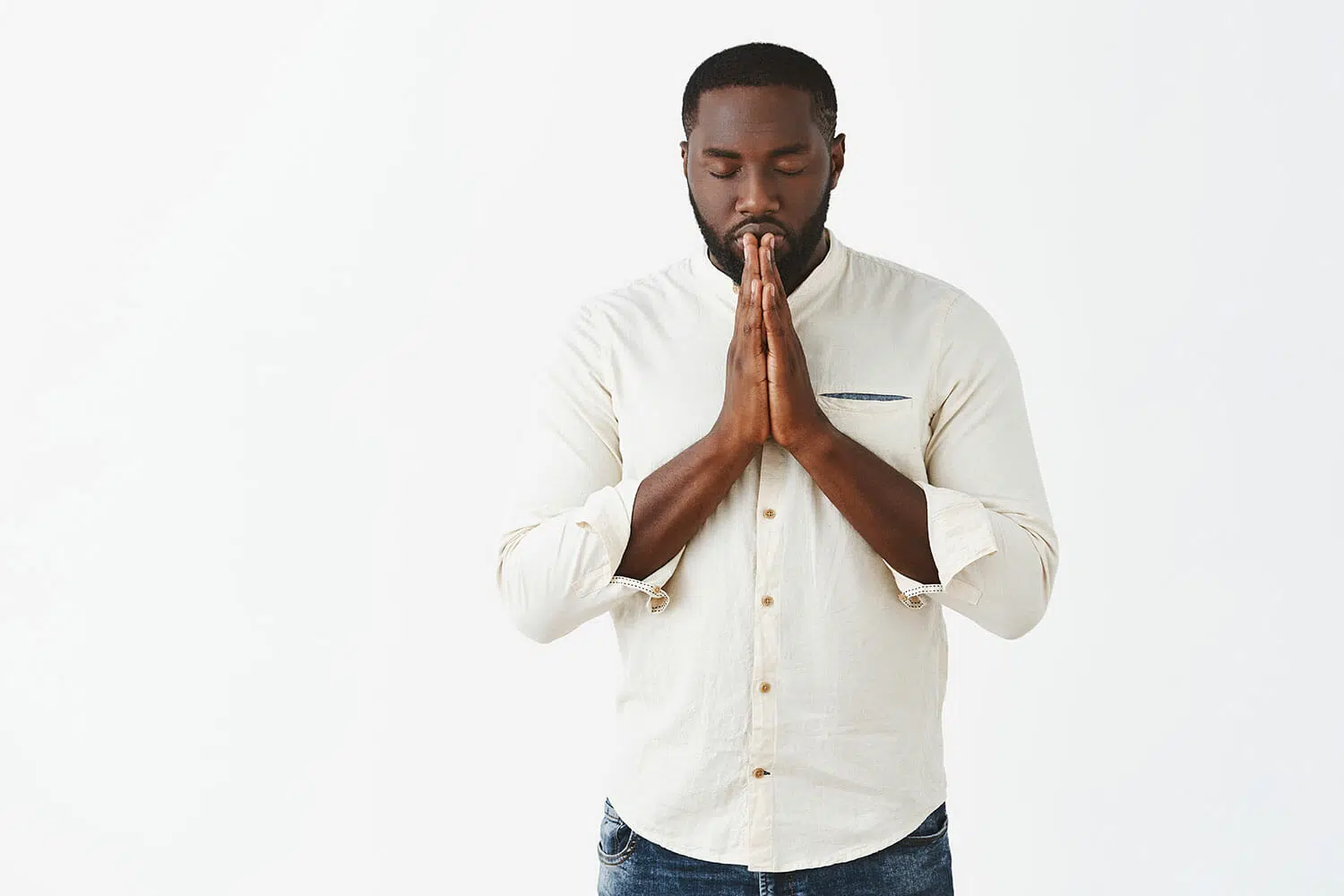The Virginia Catholic Conference1 says 8.3 percent of Virginians are Catholics. We mention Catholics because the Catholic church has well-known, strong views on divorce. While not a sin, divorce carries extra weight for Catholics. They cannot remarry without having the first marriage annulled by a Catholic diocesan tribunal, according to Franciscan Media, a ministry of the Franciscan Friars. Divorce and religion are a bit like matchsticks and gasoline in typical conversation, but they need to be confronted head-on for any Virginia man of faith.
The Death of a Relationship & Deciding for Yourself
The religion you follow or choose not to follow is a personal decision. If, for example, you converted from your former religion for the sake of your marriage, going through a divorce gives you the opportunity to choose:
- Your former religion
- The religion to which you converted to appease your now ex-wife
- No religion at all
Every marriage ends, at some time, whether by divorce or by death of a spouse. Your divorce, in a way, gives you a “second life” after the divorce to explore your own beliefs and relationship with your spirituality. Since divorce is a type of ending, a death of a relationship, many divorced men go through the same grieving process they would feel to a greater extent from the death of a spouse. One of those stages is anger, and many Virginia men react angrily to thoughts of their religion betraying them.
If that seems to fit your post-divorce profile, take a break. Your church will be there for you if you decide to return. If you feel you will not be accepted, America is generously endowed with many religions, many faiths, many paths to spiritual freedom.
Your Children’s Religious Upbringing
Your ex-wife has no legal authority over your personal choice of religion, but she can exert some influence over the faith your children are guided to follow. This is because whichever parent is granted legal custody of your children has a legal right to determine religious upbringing. The parent who has sole legal custody makes decisions affecting the child:
- Medical treatment
- Educational pursuits
- Religious upbringing
As with everything related to children in Virginia’s laws, the best interests of the child outweigh the interests and liberties of the parents. Courts are loathe to trod on religious grounds, but will draw a bright line in protecting children. This means parents in Virginia cannot use religion as an excuse to withhold medical treatments; abuse or mistreat their children psychologically, emotionally, physically or sexually; or to expose their children to morally repugnant behaviors.
A child of sufficient age to make personal decisions is free, under Virginia law, to select his or her own religion.
Religion in Divorce: What the Courts Say
Religion in divorce is judged in courts by three standards, all discussed at great length in the Indiana Law Journal:
- Actual or substantial harm — Could a religious act put the child at risk of actual or substantial harm, such as snake handling or withholding normal socialization or vaccinations? Simply exposing a child to another religion has never passed the sniff test in court as causing harm to a child’s psyche.
- Risk of harm — A deeply religious parent can legally be risking a child’s psyche if she or he attempts to confuse or undermine a child’s religious beliefs instilled by the other parent.
- No harm — Sole legal custody gives the parent exclusive rights to instill whatever religion (or no religion at all) in the child, since the religion causes no harm to any party, and the non-custodial parent is free to expose the child to his or her religion during visitation, also without harm to anyone.
Is Annulment Religiously Viable?
Annulment is a popular word in some religions, as some kind of religiously viable “alternative” to divorce. Yet, as the Virginia State Bar says,
“Unlike a divorce which dissolves a valid marriage, an annulment is a legal decree that a marriage is void. Annulments are granted only in limited circumstances such as a marriage entered into because of fraud, duress, or coercion. An annulment cannot be granted merely because the marriage is of short duration, and legal annulments are normally not granted for “religious” reasons.”
Church law is not Virginia law. If you and your wife value the sanctity of religious approval of your divorce, you must pursue the civil divorce first, then seek annulment from your church afterwards. You will make little headway with a Virginia family law attorney asking for a legal annulment.
Sit Down & Address Your Concerns
The best course of action in navigating the waters between church and state in Virginia divorce is for both parties to sit down together to outline their concerns.
Unlike many issues in Virginia divorces, religion stands on mushy ground. What you can and cannot compel your divorced spouse to do in support of your religion is still being thrashed out by the courts. It has been a perpetual circle of hand-wringing and convoluted decisions for decades, as shown by a 1997 article in Family Law Journal.
If you have strongly held religious beliefs that permit divorce but place limits on your tolerance for your child’s exposure to other religious views, those beliefs need to be formalized in the property settlement agreement, just as you would for divvying up the RV, ATV, and cable TV. You may be able, for example, to place wording that says your child will attend the church of your choice even while visiting your ex-wife.
Whatever your faith, please contact The Firm For Men at 757-383-9184, or contact our offices online. We represent Virginia’s men of every religious belief, and many with no religious beliefs, in all manner of family law concerns. From separation to divorce to spousal support and remarriage, we can help you reconcile your religion and your family life.
- https://vacatholic.org/about-us/catholic-footprint-in-virginia/

